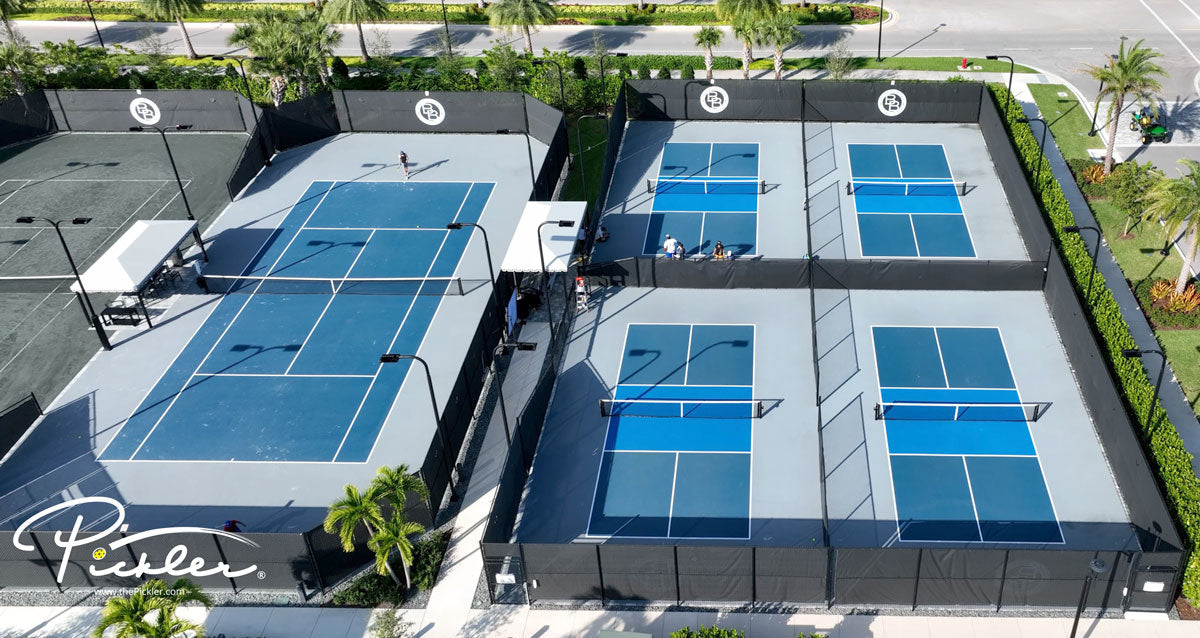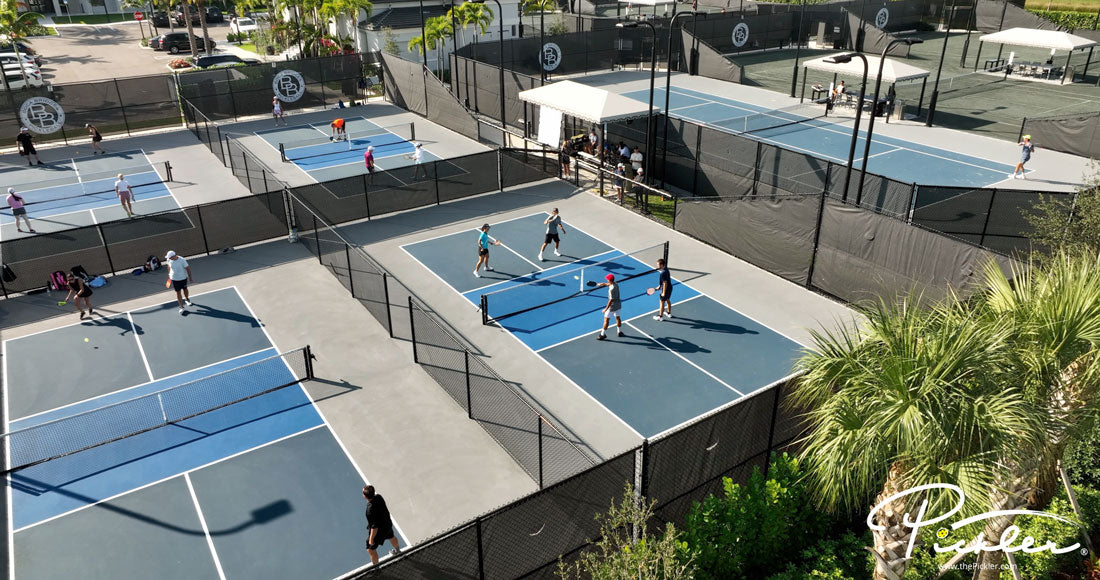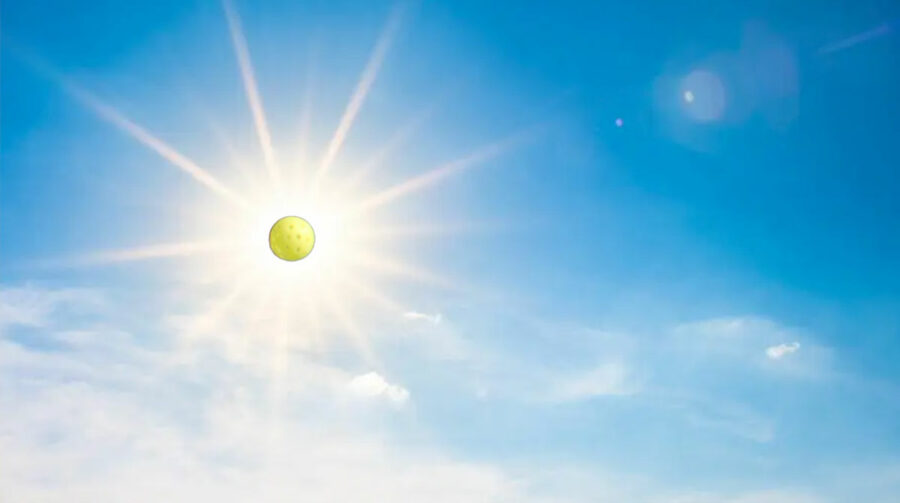One of the biggest obstacles to the growth of the sport of pickleball is the noise that results when a paddle hits a pickleball. Although most pickleball players may love to hear that sound, neighbors of the courts do not always agree (and have even sparked litigation and disputes, pitting neighbor against neighbor).
The sound of a pickleball hitting a paddle reaches a decibel level of 70 dBA when measured 100 feet away from the court. This is higher than tennis (at 40 dBA), city noise (at 55 dBA), and a whisper (at 25 dBA). But, this is lower than a vacuum cleaner (at 75 dBA). However, what may be more striking than the decibel level, is the frequency. Pickleball has a high pitch, with a frequency of about 1.2k Hz, which is similar to the beeping noise that a reversing garbage truck makes. The garbage truck is intended to be loud and “annoying” in order to catch your attention on the roads. So, this “annoying frequency” is an issue for pickleball.
One pickleball player—Bob Unetich—is trying to solve this problem. Unetich is a retired engineer and pickleball advocate, who founded Pickleball Sound Mitigation LLC to study the noise issues around pickleball and to advise communities, municipalities, and others on how to best resolve the sound. His advice that he provides to these groups (according to The Hustle) is to “Do whatever you can to ensure that the average sound emanating from the court to the nearest homes is 50 dBA or less.”

The primary way to keep the decibel level down is through distance. According to Unetich, most people do not complain about the sound if they are at least 500 feet from the pickleball courts. However, distance requires careful development planning and is becoming more difficult as the sport expands to more densely populated areas (for instance, when pickleball expands to Europe, how will the neighbors in a densely populated city like London react to the sound?). Other solutions include sound barriers, but those are quite expensive. Unetich is also pushing for noise-reducing materials to be used in the construction of paddles and balls and for USA Pickleball to work on a noise-friendly certification.
Ways to reduce the noise of pickleball will solve and prevent neighbor disputes. Plus, noise reduction will open new areas and opportunities for court development. The noise has been a barrier to court construction and the more we can remove these barriers—just as Unetich and his Pickleball Sound Mitigation company are working to do—the more opportunities the sport of pickleball will have to flourish.

